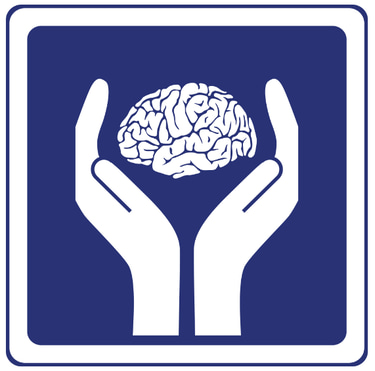Get much needed help ...
5 Things Having a Brain Injury Taught Me
By a 25-Year-Old Stroke Survivor
6/9/20252 min read


There’s a strange kind of silence that comes after your brain suddenly changes — after the hospital visits, after the medical jargon, after the dust settles and you’re just... left with yourself. Healing from a brain injury is like being handed the pieces of a puzzle you don’t recognize anymore. But slowly, steadily, painfully, you learn to rebuild — differently.
As someone who has been through a stroke in my 20s, I often say this: I didn’t choose this, but I’ve learned from it. Here are five things my brain injury taught me — not the kind of lessons you read in textbooks, but the ones that live deep in your bones.
1. Be Kind to Everyone — You Don’t Know What They’re Carrying
When I first started navigating life after stroke — the fatigue, the clumsiness, the fogginess, the slowness — I realized how invisible most struggles are. I looked “fine,” but I wasn’t. And that made me think: how many people around me are silently suffering too?
I used to be in a rush, annoyed at small inconveniences. Now, I try to respond with softness. A little more patience, a little more compassion. You never know if the person next to you is surviving something too.
2. Gratitude Isn’t a Buzzword — It’s Survival
When you’ve had to relearn how to button a shirt, stand on one leg, or remember your own sentences, you stop taking things for granted. Gratitude isn’t just journaling three things you’re thankful for — it’s crying because you finally managed to cut your own nails or walk without support.
Gratitude for the little things is the big thing. It keeps you grounded when everything else feels uncertain.
3. Let Go of the “Checklist Life”
Before my injury, I had this idea of a perfect life: career goals, fitness routines, social milestones — boxes to tick before turning 30. But all of that went out the window when I hit rock bottom.
And weirdly, from that rock bottom, I found freedom. If everything can change in a second, why not live fully now? I stopped measuring my worth by productivity. I stopped waiting for the “perfect moment.” I stopped punishing myself for not being who I used to be.
Now I ask: what feels right today?
4. Resilience Isn’t a Buzzword Either — It’s Waking Up and Trying Again
As a 25-year-old stroke survivor, I’ve had to wake up every day and go through the same exhausting routines — rehab, repetition, setbacks. But the thing is, every time I chose to try again, I became stronger. Not in a heroic Instagram-quote kind of way, but in the quiet, unglamorous sense of showing up for myself.
Resilience is not about “bouncing back.” It’s about building forward. Slowly. Repeatedly. Without guarantees.
5. You Change — But You’re Not Less
At first, I mourned who I used to be. The old me felt lost — sharper, faster, more “put together.” But healing required me to become someone new, someone who could hold both strength and softness. And most importantly, someone who could be kind to themselves.
I’m not a “damaged version” of who I was. I’m different. And that’s okay. Healing forced me to stop comparing and start embracing.
Final Thoughts
Recovery is not linear. It’s messy and frustrating and often lonely. But it’s also filled with profound beauty and perspective. If you’re going through something similar — whether it’s a brain injury, a health challenge, or any kind of upheaval — I see you. You are not weak. You are reshaping your world.
And that? That takes more strength than most people will ever know.
